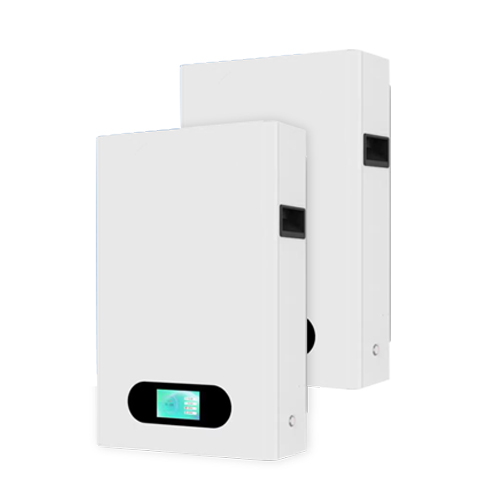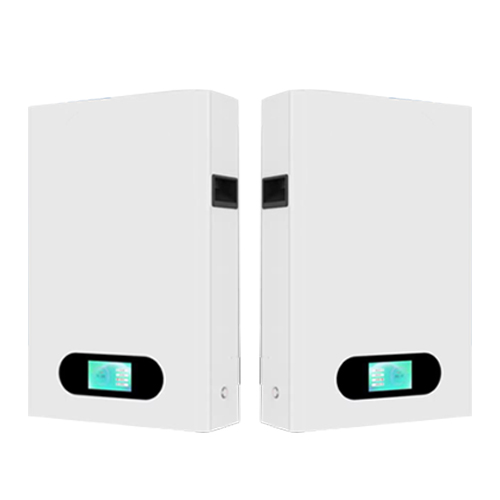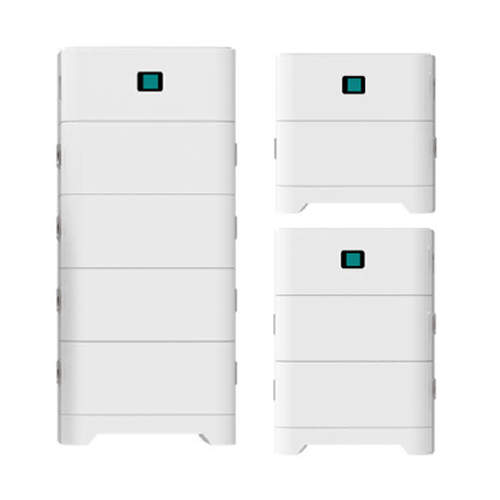NEWS
Welcome to My Blog!
Before we dive into the content, if you’re interested in our products or have any questions, please feel free to visit our Contact Us page on the website. Our team is ready to assist you with inquiries, orders, or any support you may need.
Now, let’s get started on our journey together. I hope you find the content here insightful, engaging, and valuable.
Table of Contents
Introduction: What is a Sun Battery?

A sun battery is an energy storage device that stores electricity generated by solar panels. It allows homeowners and businesses to use solar energy when the sun is not shining. By storing energy, sun batteries reduce reliance on the electrical grid, save money, and increase energy efficiency. For beginners, understanding how a sun battery works and its benefits is the first step toward adopting solar solutions.
Why Sun Batteries Are Important
Sun batteries are crucial in the transition to renewable energy. They ensure uninterrupted power supply and help manage energy costs. By storing solar energy during peak sunlight hours, users can use it later when electricity prices are higher or during outages.
Key Components of a Sun Battery
- Battery Cells: Store the electricity in chemical form.
- Inverter: Converts stored DC electricity to AC for home use.
- Battery Management System (BMS): Monitors and optimizes battery performance.
Types of Sun Battery Technology

Understanding the different types of sun batteries helps beginners choose the right option for their needs.
Lithium-ion Sun Battery
Overview
Lithium-ion batteries are the most popular choice for homes. They are lightweight, have high energy density, and long lifespans.
Advantages
- Efficient energy storage
- Low maintenance
- Long life cycle
Considerations
- Higher initial cost
- Requires careful temperature management
Lead-acid Sun Battery
Overview
Lead-acid batteries are traditional and widely used. They are heavier and less efficient than lithium-ion but are more affordable.
Advantages
- Low upfront cost
- Reliable for backup power
Considerations
- Shorter lifespan
- Requires regular maintenance
Flow Sun Battery
Overview
Flow batteries store energy in liquid electrolytes. They are suitable for large-scale applications and have long cycle lives.
Advantages
- Very long lifespan
- Scalable for large energy needs
Considerations
- Higher complexity
- Needs more space
Comparing Sun Batteries
Comparing different types of sun batteries can help beginners understand which option fits their needs.
| Battery Type | Capacity (kWh) | Efficiency | Lifespan (Years) | Cost (USD) | Best Use Case |
|---|---|---|---|---|---|
| Lithium-ion | 5-15 | 90-95% | 10-15 | 6,000-12,000 | Home, small business |
| Lead-acid | 3-10 | 70-80% | 3-5 | 1,000-4,000 | Backup, budget-friendly |
| Flow battery | 10-50 | 75-85% | 15-20 | 20,000+ | Large installations |
This table provides a clear comparison, showing differences in capacity, efficiency, lifespan, and cost to help beginners make informed choices.
Conceptual Differences
- Energy Density: Lithium-ion batteries store more energy per unit weight.
- Maintenance: Lead-acid requires more maintenance than lithium-ion or flow batteries.
- Cost vs. Lifespan: Flow batteries are expensive but last longer, making them cost-effective for large systems over time.
Benefits of Using a Sun Battery

Understanding the benefits of a sun battery can provide beginners with a clear perspective on why investing in this technology is both practical and forward-thinking. A sun battery not only allows users to store energy generated from solar panels for later use, but it also offers the flexibility to reduce reliance on the electrical grid, especially during peak demand hours or unexpected power outages.
Beyond energy security, a sun battery can lead to significant financial savings by optimizing electricity usage and lowering utility bills over time. Additionally, the environmental advantages are considerable, as using stored solar energy reduces dependence on fossil fuels and decreases carbon emissions. For homeowners and businesses alike, recognizing these benefits helps illustrate how a sun battery is not merely a device for storing power, but a strategic investment that enhances energy independence, promotes sustainability, and provides long-term economic value. By understanding these advantages, beginners are better equipped to make informed decisions and plan their transition to renewable energy effectively.
Energy Independence
A sun battery allows you to store solar energy and reduce reliance on the grid. This is especially helpful during blackouts or high-demand hours.
Cost Savings
Using stored solar energy during peak hours lowers electricity bills. Over time, these savings can offset the initial cost of the battery.
Environmental Impact
Storing and using renewable energy reduces carbon emissions and helps protect the environment.
Challenges and Considerations
Sun batteries offer many benefits, but beginners should be aware of potential challenges.
High Initial Cost
Although lithium-ion batteries are efficient, they come with a high upfront price. Planning your budget is essential.
Performance Degradation
Over time, all batteries lose efficiency. Proper maintenance and monitoring can help maximize lifespan.
Temperature Sensitivity
Extreme temperatures can affect performance. Some batteries require climate-controlled installations for optimal operation.
Tips for Choosing the Right Sun Battery
Choosing the right sun battery depends on individual needs.
Assess Your Energy Needs
Calculate your daily energy consumption to determine the required battery capacity.
Evaluate Budget vs. Longevity
Balance upfront cost against long-term benefits and lifespan.
Check Installation Space
Ensure you have enough room for the battery system and consider ventilation requirements.
Warranty and Support
Select batteries from reputable brands with good warranties to ensure reliability.
Conclusion
A sun battery is a smart investment for anyone looking to harness solar energy effectively. By understanding different technologies, comparing options, and considering costs, beginners can make informed choices. Proper installation, maintenance, and monitoring ensure your sun battery provides reliable energy storage for years. Starting with the right knowledge allows you to enjoy energy independence, savings, and environmental benefits.
FAQ
How long does a sun battery last before I need to replace it?
Most lithium-ion batteries last 10-15 years, lead-acid 3-5 years, and flow batteries 15-20 years. Proper maintenance can extend lifespan.
Can a sun battery power my entire house?
It depends on your daily electricity usage and the battery’s capacity. Many homes use multiple batteries for full coverage.
How much money can I really save with a sun battery?
Savings vary by usage and electricity rates. On average, homeowners can reduce bills by 20-50% using stored solar energy.
Do sun batteries work on cloudy days?
Yes. Sun batteries store energy generated during sunny periods, so you can use it even on cloudy days or at night.
Are sun batteries safe to install indoors?
Yes, with proper ventilation and adherence to manufacturer guidelines. Lithium-ion batteries need temperature-controlled environments.
Need Help Choosing the Right Sun Battery?
If you’re unsure which industrial sun battery is best for your factory or facility, our experts are here to help. Contact us today for a personalized consultation, and ensure your solar energy system is efficient, reliable, and tailored to your needs. Don’t wait to optimize your energy solutions—get in touch now to power your operations sustainably!

